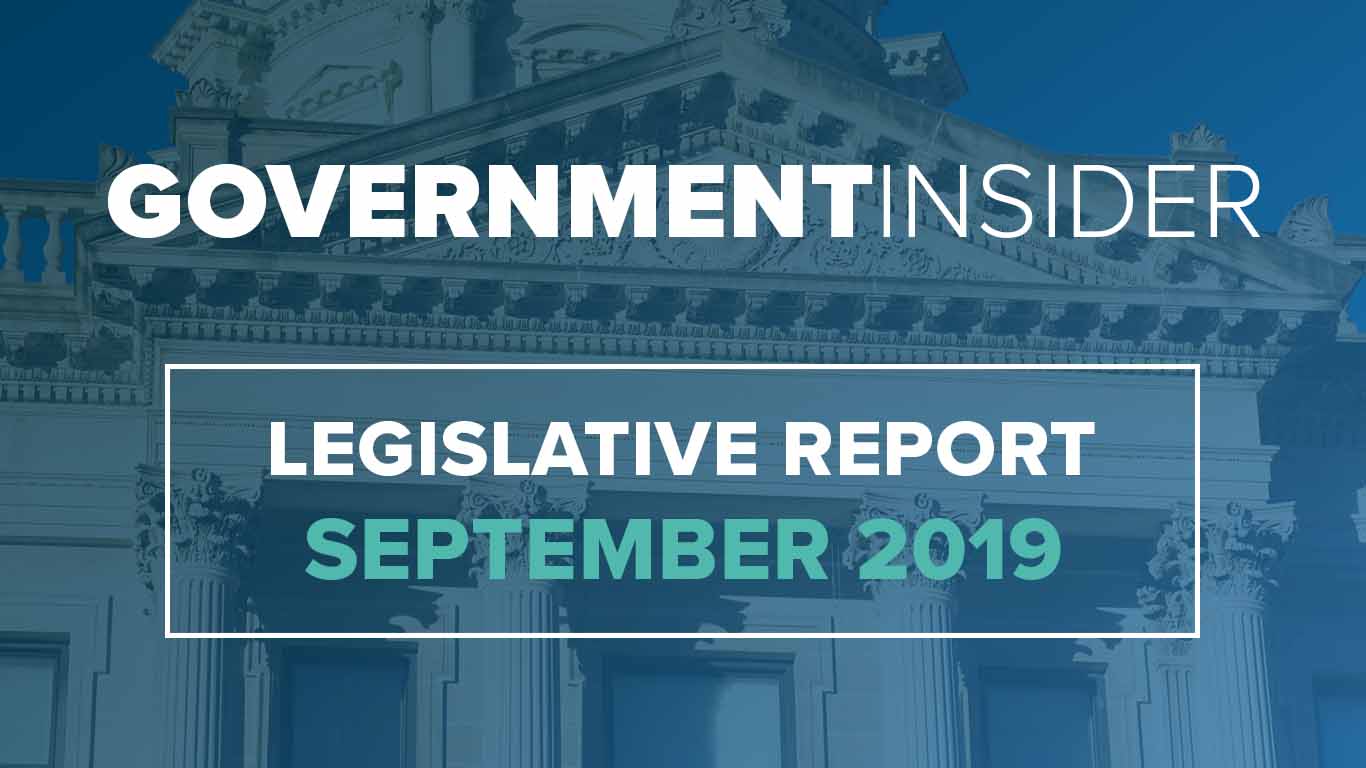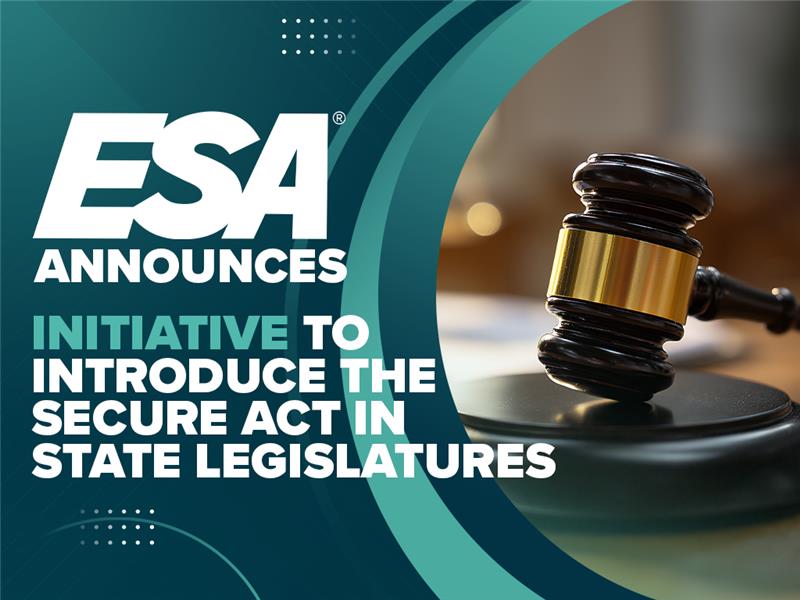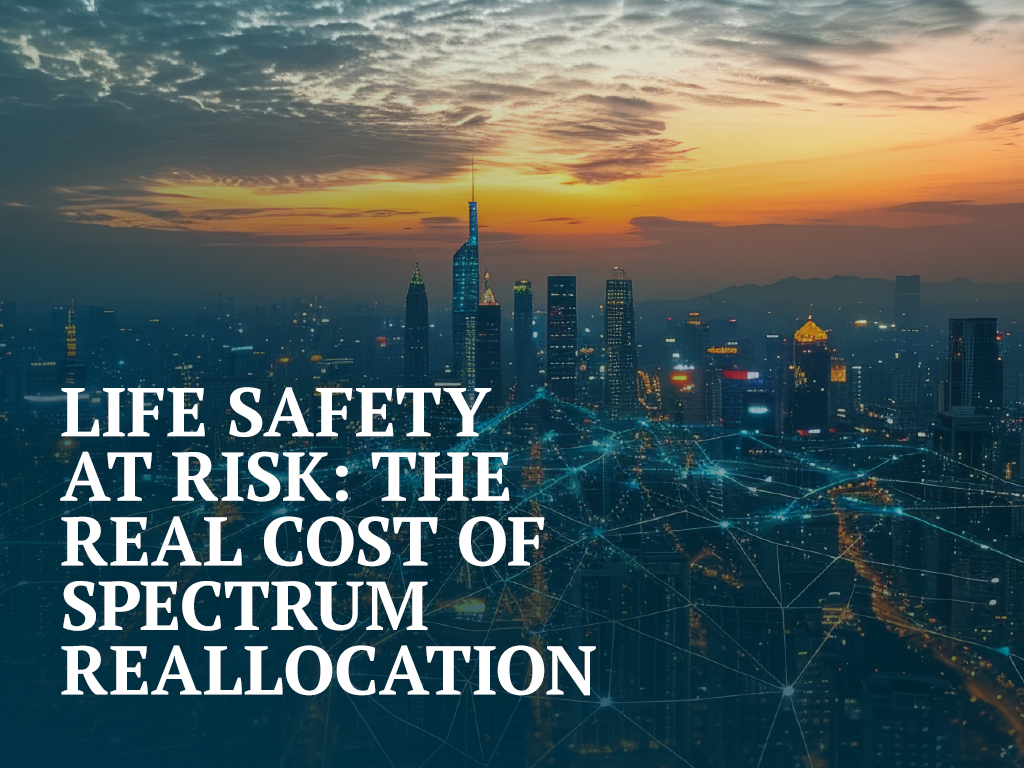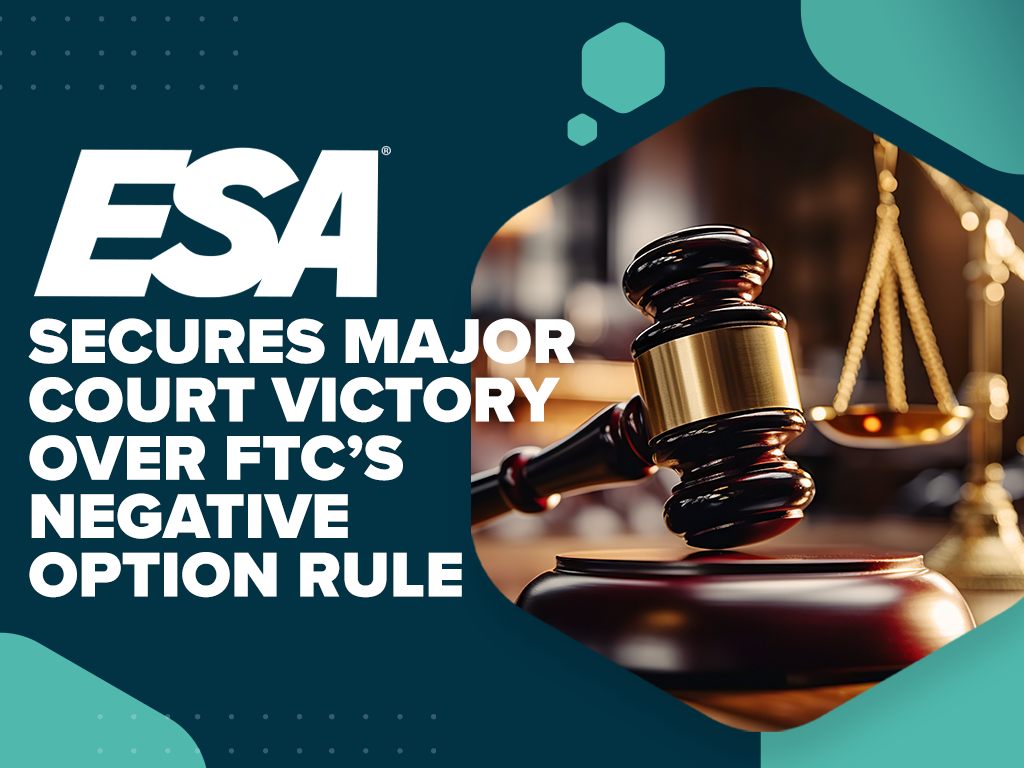Legislative Report – September 2019

State Legislative Summary
The most notable and potentially industry-threatening bill to become law this past month was in California, where most employers will now have a very narrow definition to use for determining independent contractors. But California also has a bill that will allocate $5 million for school safety and communications interoperability grants for California schools and colleges. Florida introduced bills that would require silent panic alarms in all schools and New Jersey filed another bill to exempt public works contractors from the onerous “Public Works Contractors Registration Act”. While this bill is limited to businesses with 10 or fewer employees, it is a start to a much-needed discussion about the current law.
California AB 5
California AB 5 is a widely discussed and publicized bill that poses significant potential issues on the definition of independent contractors. It will redefine most independent contractors into employees for determination of wages, benefits, and employer contributions.
It will apply the “ABC Test” standard established by the California Supreme Court in Dynamex Operations West v Superior Court. This ABC test would define an independent contractor from an employee with this three-pronged test:
(A) that the worker is free from the control and direction of the hirer in connection with the performance of the work, both under the contract for the performance of such work and in fact;
(B) that the worker performs work that is outside the usual course of the hiring entity’s business; and
(C) that the worker is customarily engaged in an independently established trade, occupation, or business of the same nature as the work performed for the hiring entity.
AB 5 was designed to reign in the “gig economy” employers like Uber and Lyft, but its larger impact will be felt by many other industries, including electronic security companies. This bill was passed and signed into law on September 18th. It will become effective for most employers on January 1, 2020.
Most employers will now have a very narrow definition to use for determining independent contractors.
California SB 109
California SB 109 is the California budget bill and it will allocate $5,000,000 for school safety and communications interoperability technology grants available to California K–12 schools, California Community Colleges, and schools in the California State University system. The bill was enacted into law on September 27, 2019.
Florida HB 23 and SB 70
Florida HB 23 and SB 70 are cited as “Alyssa’s Law”, which would require each public school building on the campus of a public elementary school, middle school, or high school to be equipped with at least one panic alarm, connected directly to designated law enforcement agency for use in non-fire emergencies, including active shooters. HB 23 was assigned to the PreK-12 Innovation Subcommittee on September 23, 2019.
Massachusetts H 243
Massachusetts H 243 is a comprehensive consumer privacy bill that bars unauthorized access, use or sale of personal information and places numerous conditions and restrictions for companies that maintain any kind of consumers’ personal information. It is scheduled for a hearing on October 7, 2019.
Massachusetts also has several “right to repair” bills that began moving in September. See the details in the body of the report for the actions on these specific bills.
New Jersey S 4091
New Jersey S 4091 is similar to a bill supported by the electronic security industry (AB 5468) in that it provides for exemption of alarm installers and locksmiths from the apprenticeship requirements of the “Public Works Contractors Registration Act.” However, S 4091 is not limited to alarm installers. It would exempt any small business with 10 or fewer employees.
Pennsylvania SB 860
Pennsylvania SB 860 was introduced on September 19, 2019 and would require any employer with 4 or more employees to pay any employee no less than 12 weeks of paid leave for the birth of a child. No funding mechanism or insurance created in this bill. It is a strict employer paid leave provision.
Download the member-only September 2019 State Legislative Report
Federal Legislative Summary
With Congress back in session, bills once again are being filed and are moving.
H.R. 4469
H.R. 4469 would allow savings plans designated for college to be used for career and technical training programs as well. This falls in line with our general support for any legislation that will provide funding mechanisms for alternatives to traditional college education for the many students who want to choose other career paths.
H.R. 2474
H.R. 2474 would expand union control within the National Labor Relations Act and among many provisions it would expand “joint employer” definition to include two or more employers who codetermine control over an employee and includes instructions for courts or the NLRB to consider direct and indirect control over an employee’s terms and conditions of employment. This bill also expands the definition of employee to call into question the definition of independent contractors. It was reported out of committee with mark ups on September 25, 2019.
H.R. 4465
H.R. 4465 was introduced on September 24, 2019 and would allow local educational agencies to use certain grant funds provided through the Student Support and Academic Enrichment Program for school security measures.
H.R. 4238
H.R. 4238 was introduced on September 6, 2019 and it would allow a tax credit for employers who provide apprenticeship training for employees up to $1,500 based on age of the employee.
Download the member-only September 2019 Federal Legislative Report




